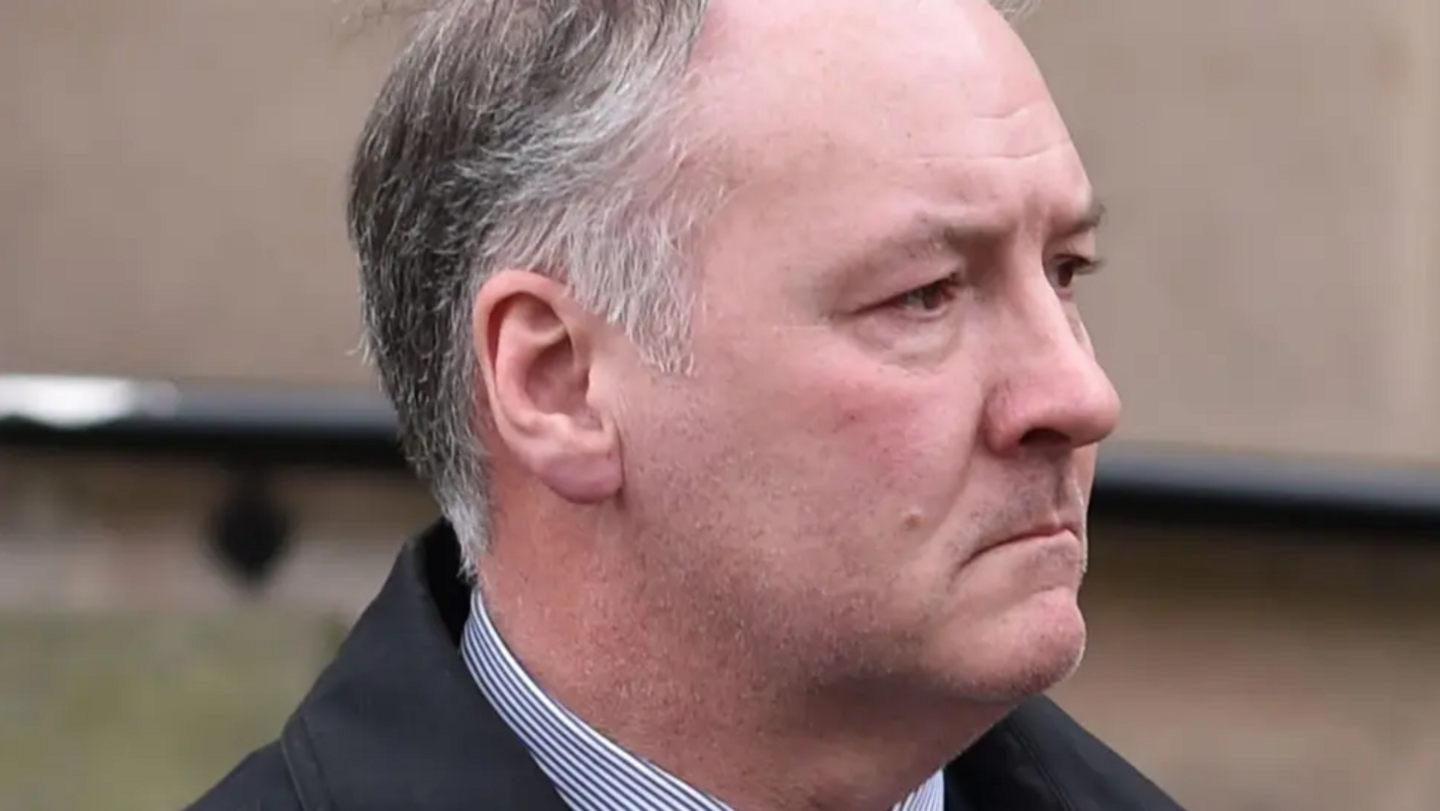Colleague hesitated to report 'forceful' surgeon
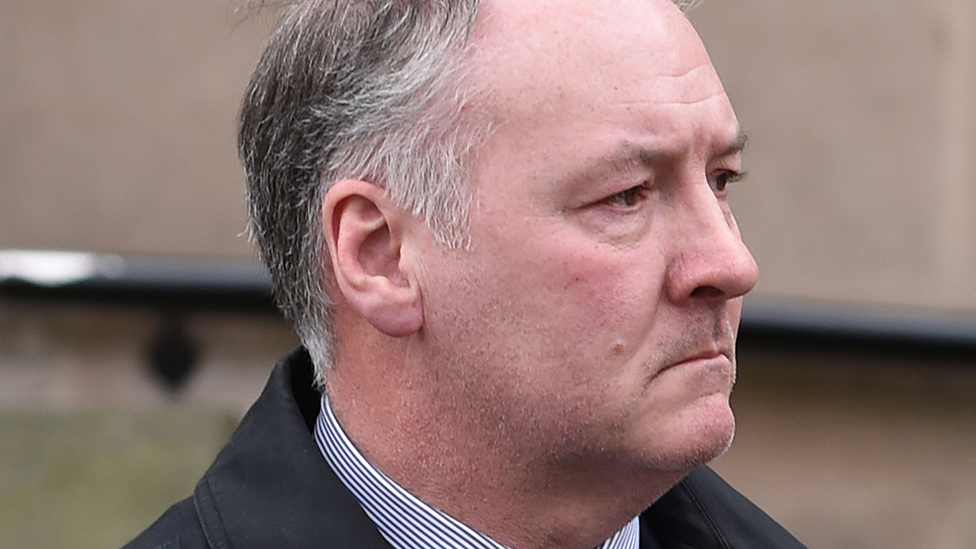
Ian Paterson, pictured in 2017, is serving a 20-year jail sentence after being convicted of multiple counts of wounding
- Published
A colleague of Ian Paterson has told an inquest he could have reported the disgraced breast surgeon's "unusual" operating technique, but "didn't feel in a position to take things further".
Rosemarie Blake's inquest is one of 62 being held at Birmingham and Solihull Coroners Court for former patients of Paterson.
The surgeon, 66, is currently serving a 20-year prison sentence after being convicted in 2017 of wounding 10 patients.
Dr Adrian Parnell told the coroner at Wednesday's hearing he was "surprised" when, in about 2005, he was asked to carry out repeat mammograms.
They were for some of Paterson's patients who had previously undergone a complete mastectomy, to see if cancer had returned.
Dr Parnell worked at Good Hope Hospital in Birmingham and also privately at the Spire Little Aston Hospital with Paterson.
Giving evidence, the radiologist said he believed he could see lobular tissue left behind on the repeat mammograms - an X-ray scan - that he carried out, something that should be removed during a traditional mastectomy.
Asked by counsel to the inquest Jonathan Jones KC whether he was concerned to see tissue left behind that could become cancerous, Dr Parnell said: "It certainly was unusual.
"I wasn't a surgeon and knowledge of changing surgical technique wasn't available to me.
"I was unaware what additional treatment these ladies were receiving. I didn't feel in a position to take things further."
A 'forceful' Paterson
Dr Parnell said it prompted him to do some research and found that in the US, some patients who had previously had a complete mastectomy were undergoing mammograms, so he felt it "didn't seem completely unreasonable".
He said while it was an "extremely small number" of private cases that he was asked to carry out repeat mammograms for, they were only Paterson's patients and he never had a similar request from any other breast surgeon.
When asked by Mr Jones if there was a system in the private sector where he could have escalated any concerns about Paterson's actions, Dr Parnell said he could have contacted the consultant body that had governance over practice at the hospital.
Asked why he did not do that, Dr Parnell replied: "At the time I wasn't sure why Paterson had decided to commence an unusual surgical approach and I didn't have enough surgical training to know how exceptional his practice was at the time."
The inquest also heard that Dr Parnell did not have a close working relationship with Paterson, and he described him as "forceful" and "strong-willed".
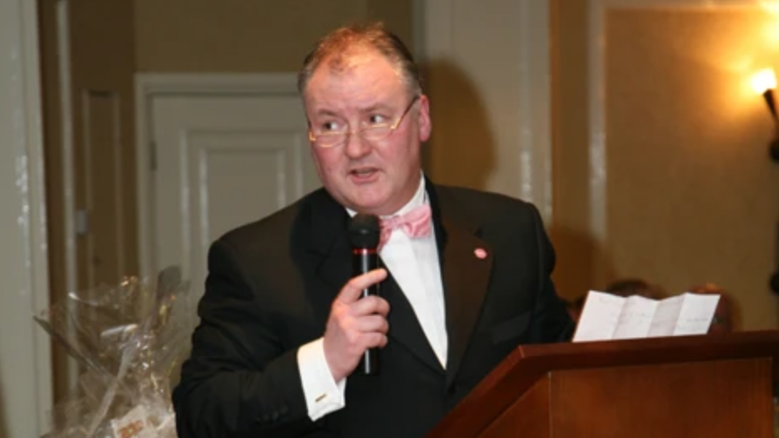
The disgraced surgeon was found to have carried out unnecessary and unapproved procedures on more than 1,000 breast cancer patients
He said the number of times he met Paterson was limited as he rarely came to the X-ray department.
"All I could say is, many other clinicians, if there were doubts, would come down to the department to discuss the situation," Dr Parnell said.
"I can't remember that ever happening with Ian Paterson."
He added that he was unaware of any concerns raised about Paterson's behaviour other than "hospital rumours".
Dr Parnell said he understood there had been an inquiry at Heartlands Hospital which put recommendation forward for Paterson's future practice, but there was a "feeling" that there was "uncertainty about whether they were being adequately enforced or implemented".
However, he said he had "no direct evidence" of that himself.
Get in touch
Tell us which stories we should cover in Birmingham and the Black Country
Follow BBC Birmingham on BBC Sounds, Facebook, external, X, external and Instagram, external.
Related topics
- Published18 November 2024
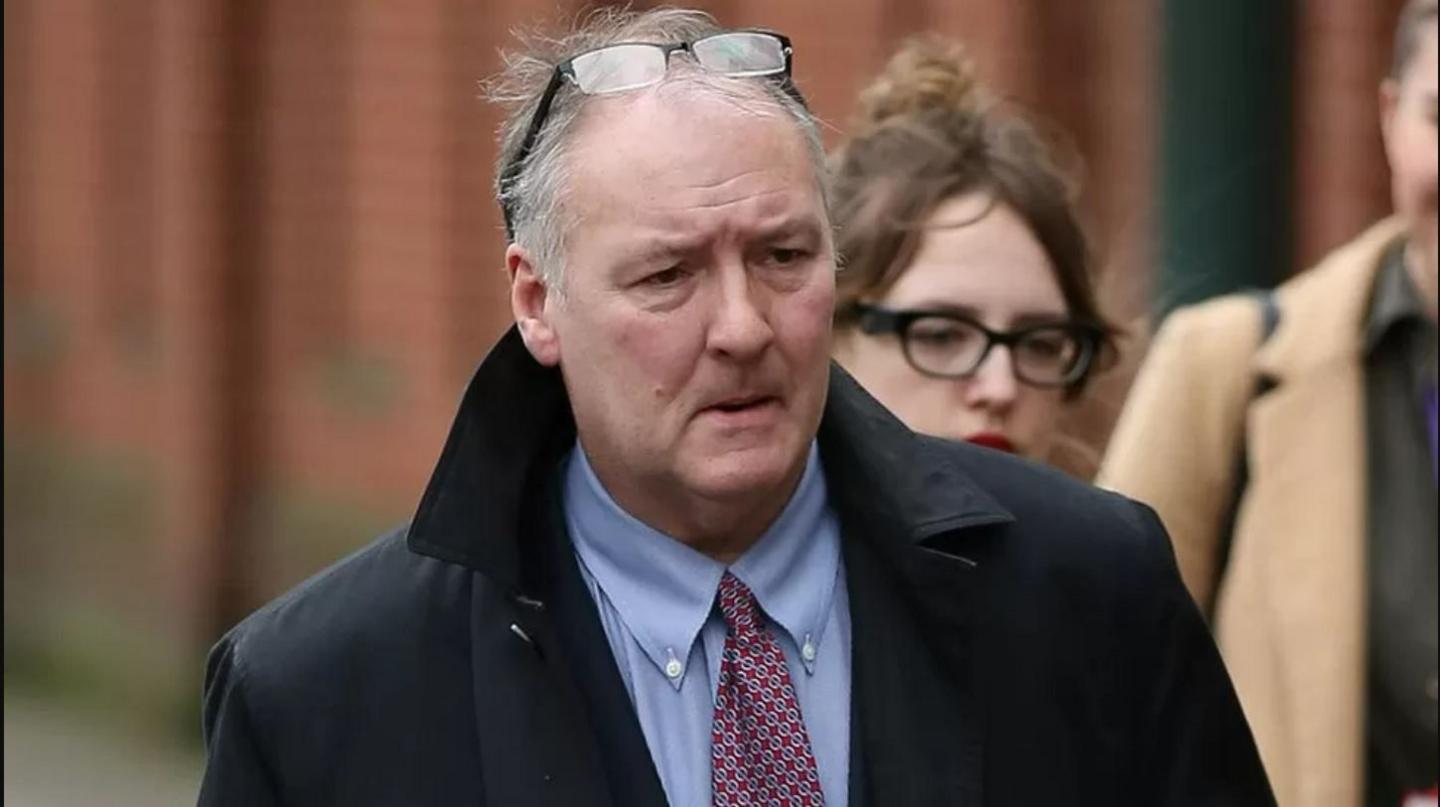
- Published19 November 2024
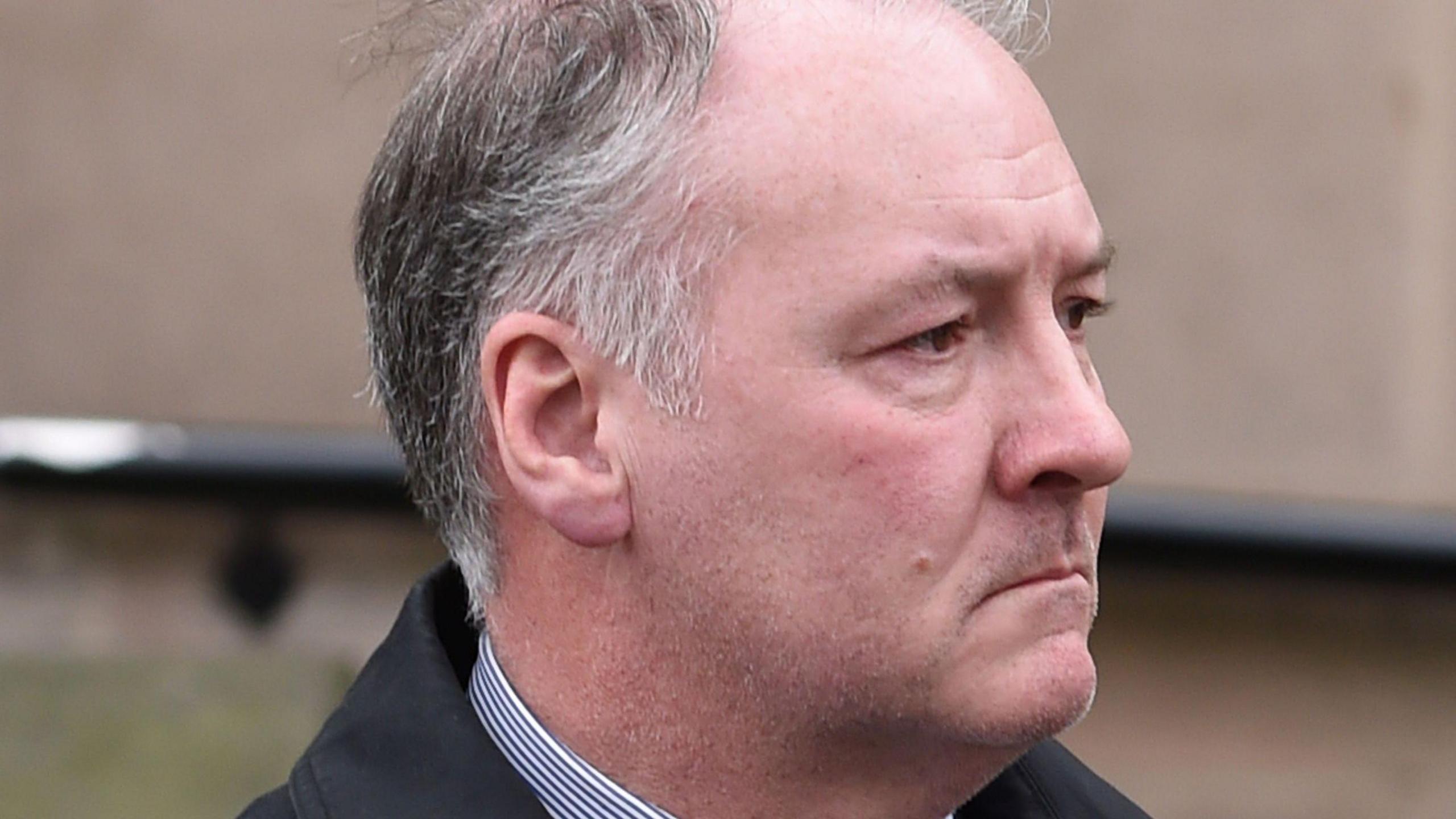
- Published31 October 2024
